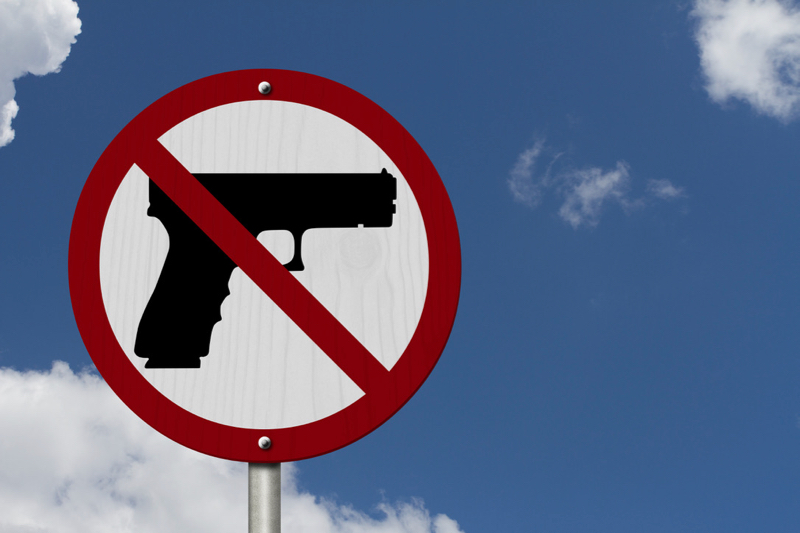2nd Amendment Problem Isn’t Guns; It’s English

Here’s my recommendation for next year’s AP English test: Diagram the following sentence–“A well-regulated Militia, being necessary to the security of a free State, the right of the people to keep and bear Arms, shall not be infringed.”
For those of you in AP US History, and not AP English, you get full credit for identifying the sentence as the text of the 2nd Amendment to the US Constitution. Whether or not one is an AP student, the meaning of the sentence is once again at the forefront of civic discourse in light of the spate of mass shootings over the last several months. What are the constitutional limits, if any, on private gun ownership?
The NRA would have you believe that the right to bear arms is limitless. Were that the case, then the 2nd Amendment would simply read, “An individual’s right to keep and bear arms shall not be infringed.” However, one of the principal canons of constitutional or statutory construction is that wherever possible, every word should be given meaning, and no language should be deemed mere surplusage. In addition, under the canon Noscitur a sociis (“a word is known by the company it keeps”), the “right…to keep and bear Arms” is a right that pertains to militias. Note further that the word “Militia” is capitalized, while the words “right” and “people” is not which suggests that the subject of the sentence was intended to be “Militia”.
In the Federalist Papers 29 and 46, Alexander Hamilton drew a clear distinction between a federal army and state militias. Indeed, the use of the collective noun “people” rather than “individual” suggests that the 2nd Amendment preserves the State’s rights to maintain a militia, and does not speak at all to individual rights. Bruce C. Cohen is the author of the Missouri Defendant’s Procedural Warfare Manual
Bruce C. Cohen is an attorney and the author of Missouri Defendant’s Procedural Warfare Manual. He also writes fiction as Charlie Kenmore and Ken Charles.
